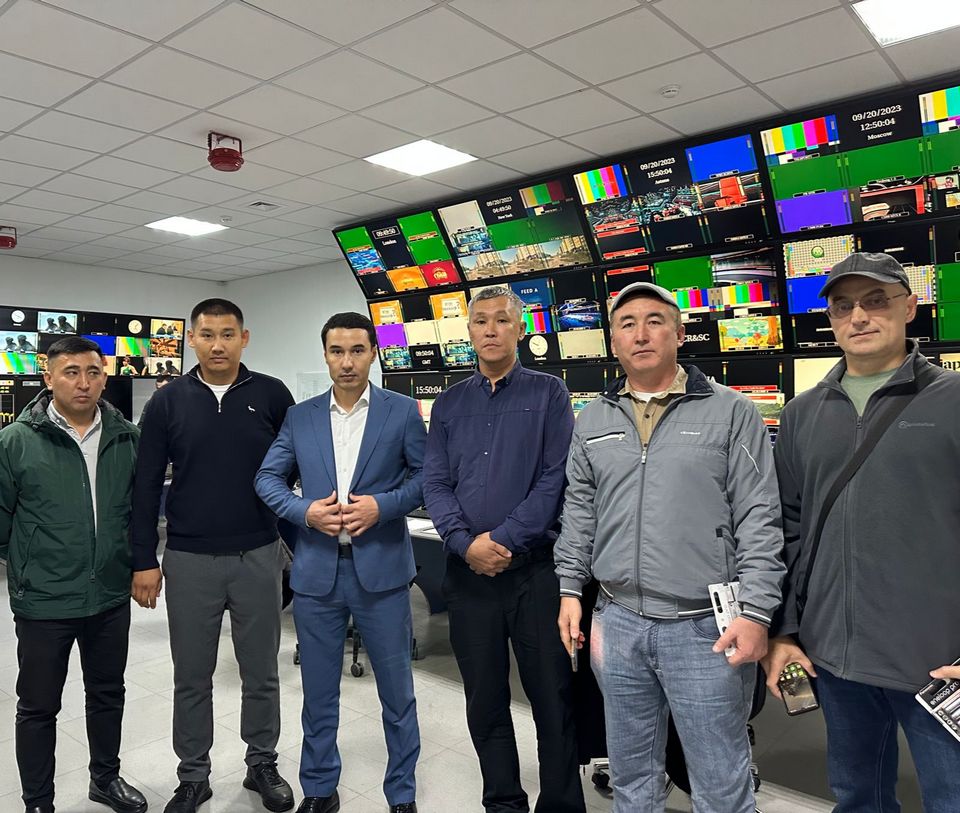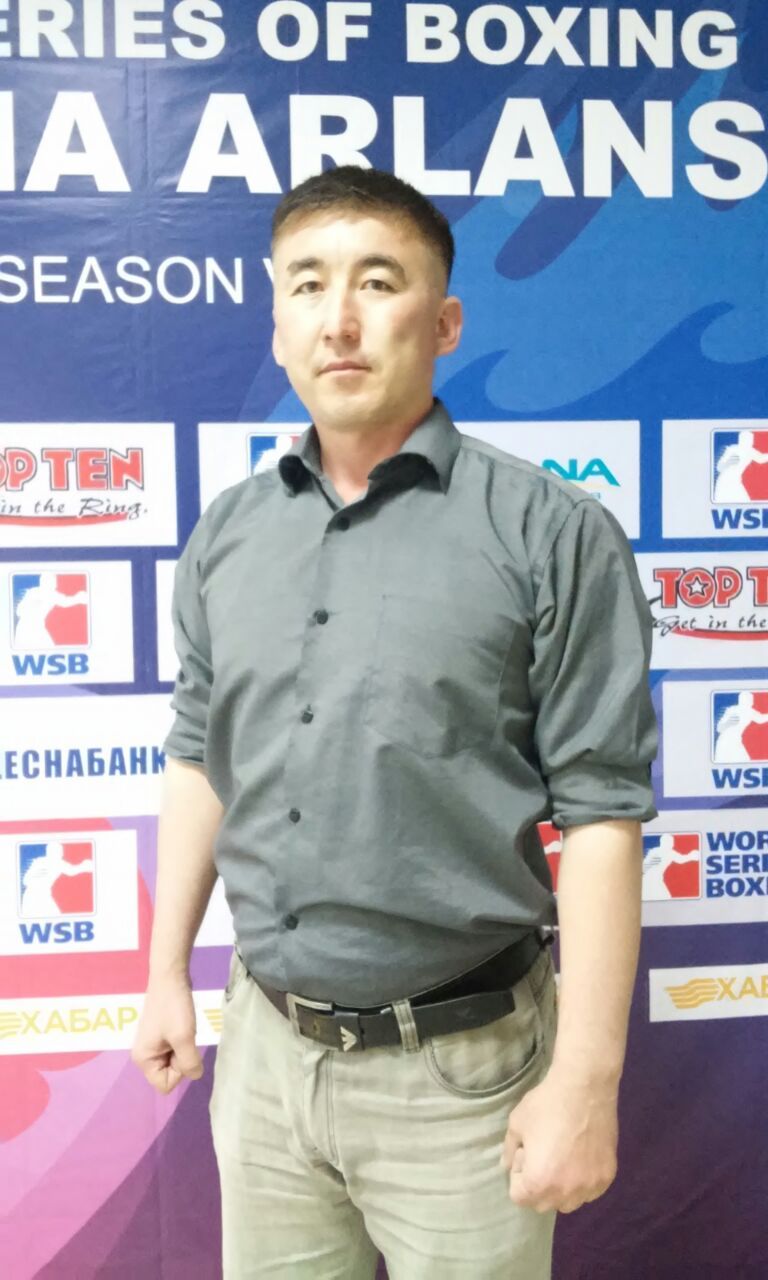Interview with Bekzhan Urazaliev, OB Van Engineer at “Khabar” Agency, Kazakhstan.
Family
– Where were you born? What is the history of your family?
I was born in Uzbekistan, about 25 kilometers from the capital, in Yangiyul. I have a typical family: my father worked as the warehouse manager at “UzGazMontazh.” This factory provided the country with all the necessary equipment for gasification. My mother worked in various places: she was a pastry chef, then worked at the factory with my father, and later decided to rent a boutique at the bazaar. These were the difficult 90s.
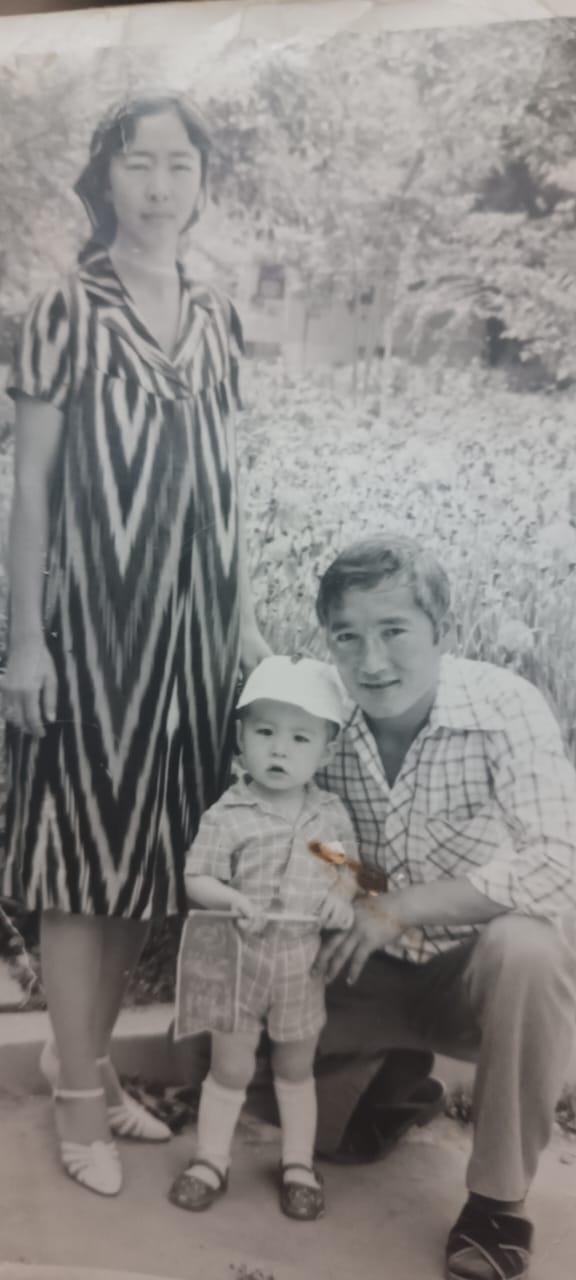
My father passed away in 2022. My mother is now retired.
Besides me, there are two younger brothers in the family. One brother was born in 1983 and works as an agronomist at a large greenhouse farm. The other brother was born in 1985 and runs his own auto repair shop.
School
– How was your school experience?
I received my secondary education at School No. 34 named after Hero of the Soviet Union I. Urazov. The village where I lived was also named after this legendary person, although it was later renamed. By the way, there is still a village named after Ilyas Urazov in the Belgorod region. He is our ancestor.
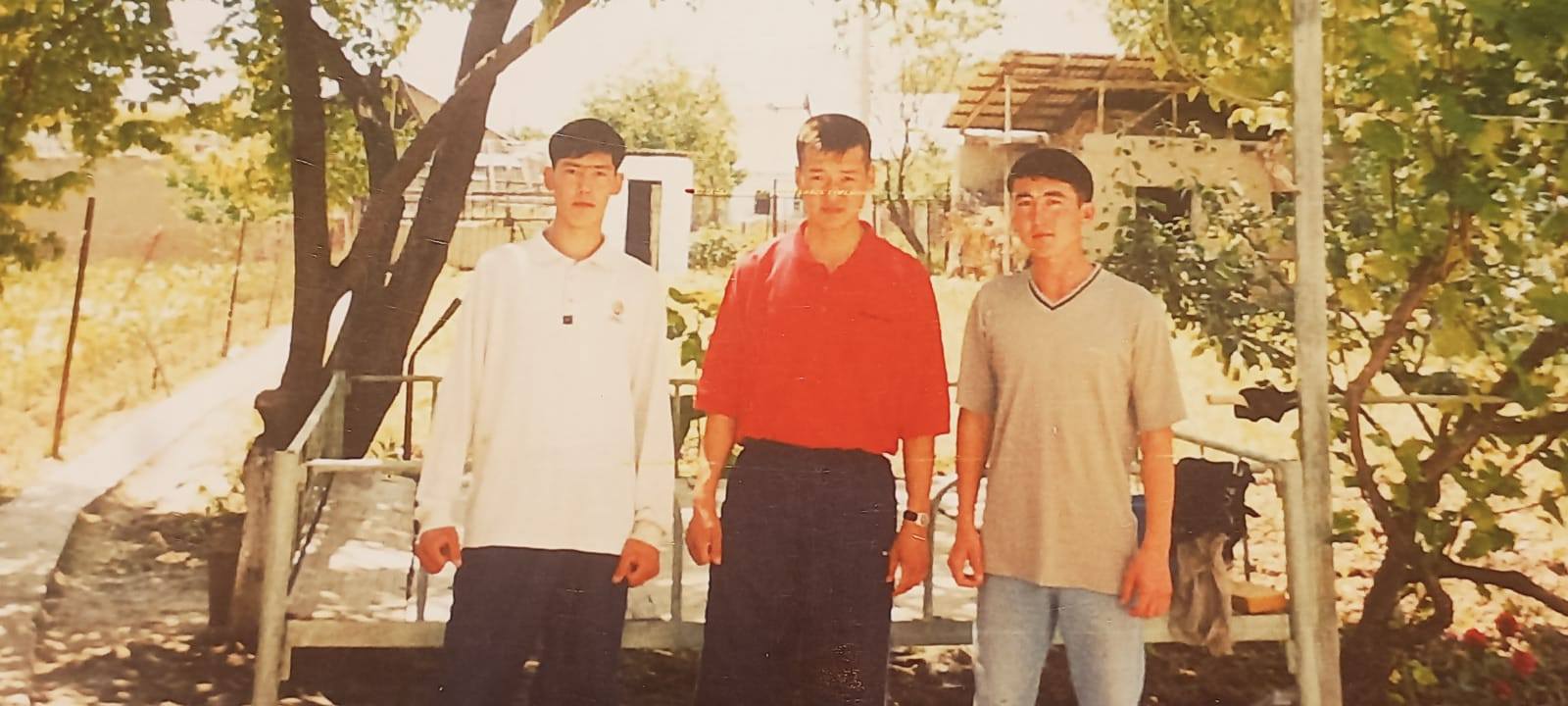
In school, I was an excellent student. I developed a love for technology during my school years. Physics was my favorite subject. The first thing I managed to assemble on my own was a light and music device: a homemade apparatus that could be switched on and off with buttons.
– Did you participate in any sports clubs?
During my school years, I practiced judo for two years, from 1990 to 1992. Later, I also tried boxing and kickboxing, but not on a regular basis.
In the 90s, I had to spend a lot of time standing in long lines at the store. It took 2-3 hours just to buy bread, and this was a daily routine.
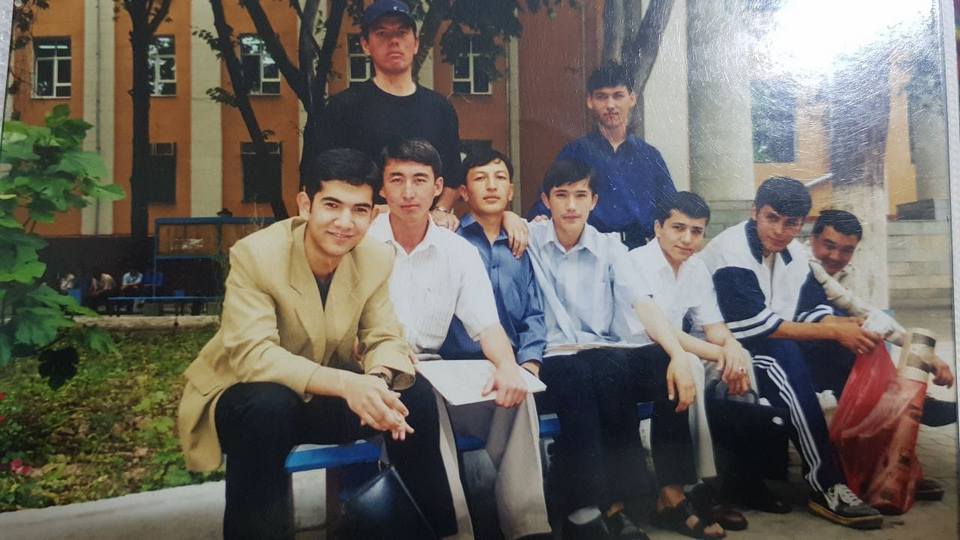
From 7th grade, I started going to the cotton harvest. We picked cotton from morning till evening every day without weekends. The school was closed for older students from September to November.
In 10th and 11th grades, after school during the winter, spring, and summer, we worked part-time at a factory, at a vegetable warehouse as loaders, and as sorters in the nearby industrial zone.
Higher Education
– Where did you receive your higher education?
In 1998, I enrolled at the Tashkent Electrotechnical Institute of Communications, which is now called the Tashkent University of Information Technologies.
My choice was not accidental. Let me tell you the background: When I was about 9 years old, my family and I went to the May 9th parade. It was then that I saw the enormous TV tower.
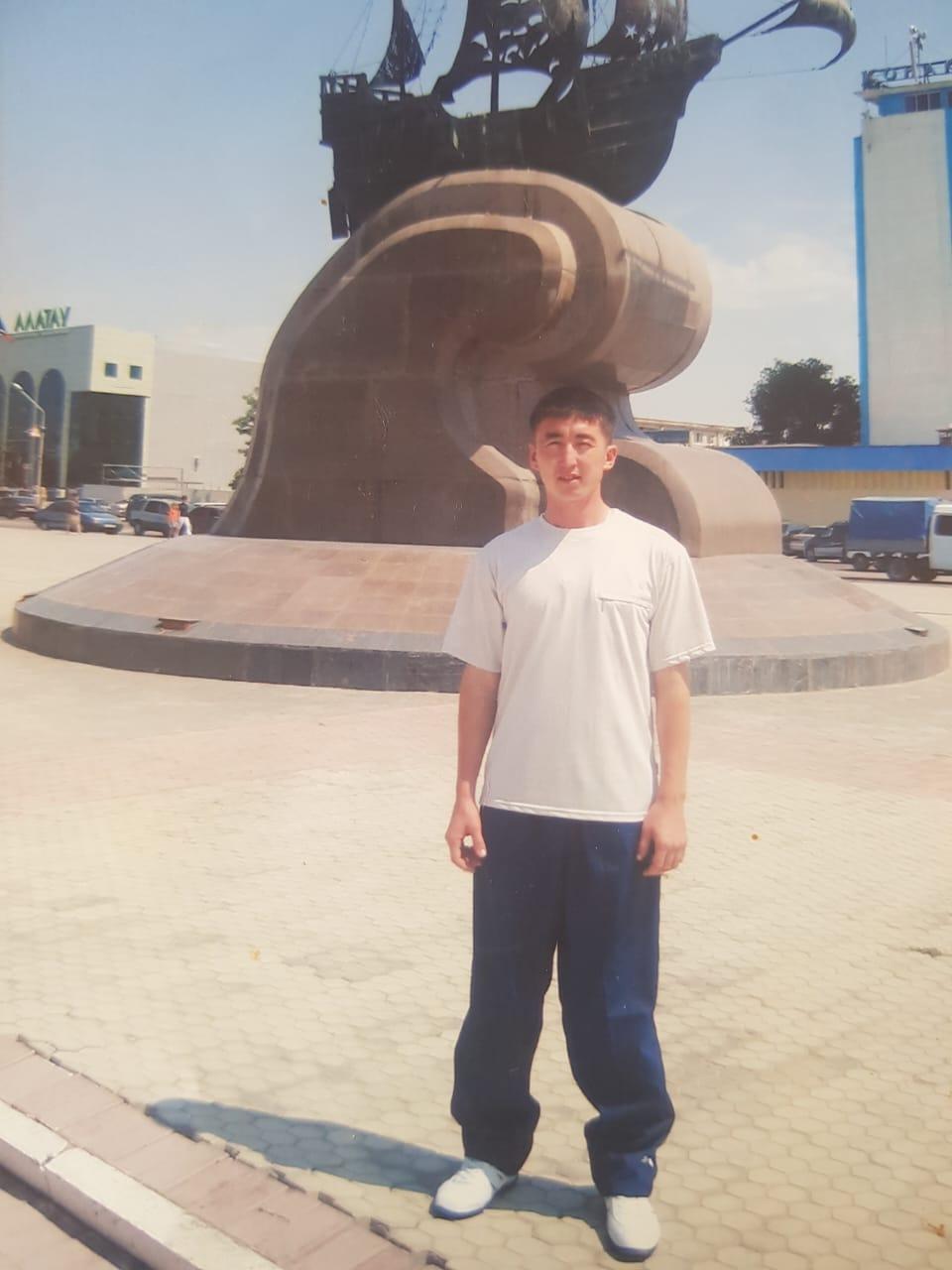
I asked my father what it was and requested that we get closer to take a look. My father explained the main mission of the tower to me. Not far from the TV tower was the institute. My father said that if I graduated from school with excellent grades, I could enroll there because the Tashkent Electrotechnical Institute of Communications always accepted only exemplary students. It was then that I dreamed of studying there. After finishing school, I was able to enroll in the faculty of “Radio Communication, Broadcasting, and Television.”
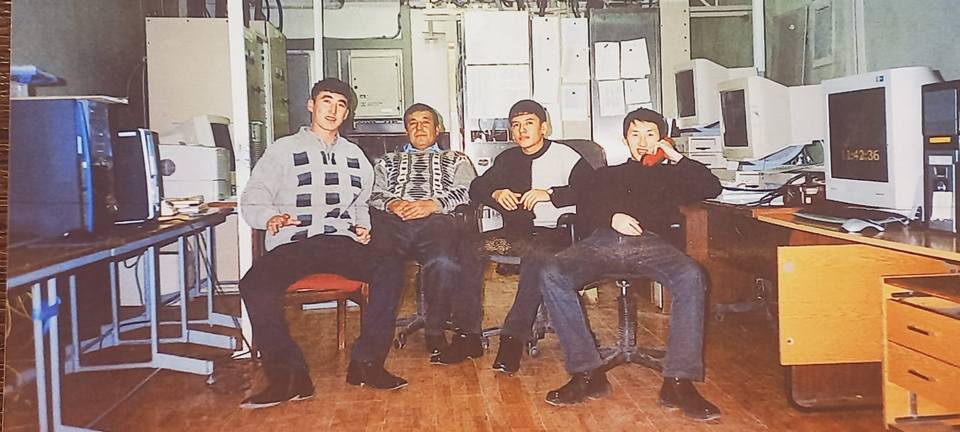
Every day, I had to spend up to 2 hours on the train just to get to the institute. I couldn’t afford to take the bus as it was too expensive at that time. The long journey was, of course, exhausting and took not only my time but also my energy. This eventually started to affect my academic performance. However, I did my best to study well.
Work
– What was your first official job?
My first work experience was at “Uzbektelecom.” At that time, they were starting to implement new technologies—fiber-optic communication lines (FOCL). They needed specialists who knew digital technologies. I was offered a good salary, and I worked there for 4 years. Then my family decided to move to our historical homeland in Kazakhstan.
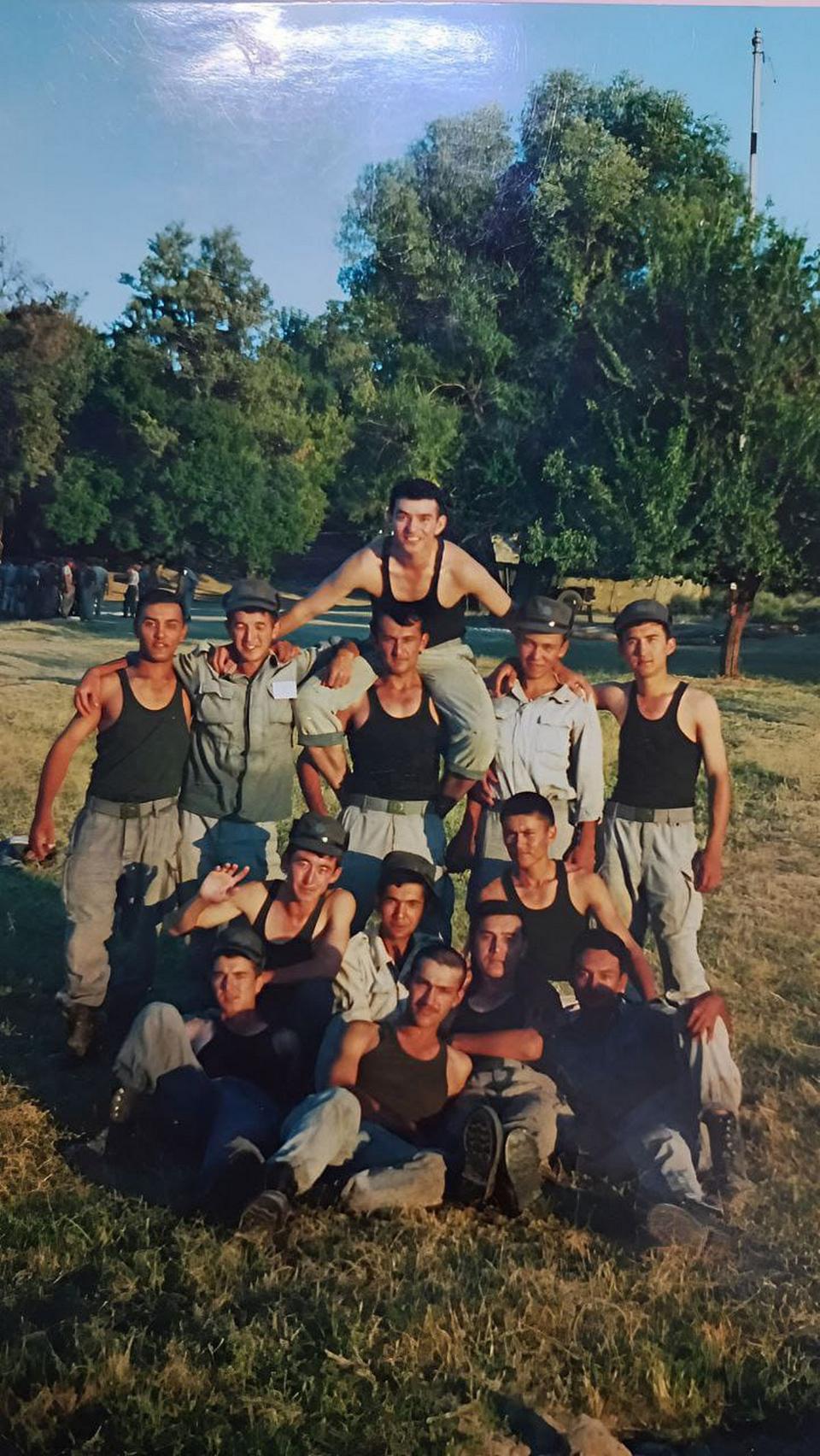
We moved to Aktau. Initially, I got a job at a construction company. I learned how to pour concrete and unload trucks. I was able to prove myself, and they transferred me to electrical installation work, which came with a salary increase. After six months, I decided to change my field of activity. I joined a company that was involved in video surveillance at a business center. It was during this time that I obtained Kazakhstani citizenship, which opened up new opportunities for me.
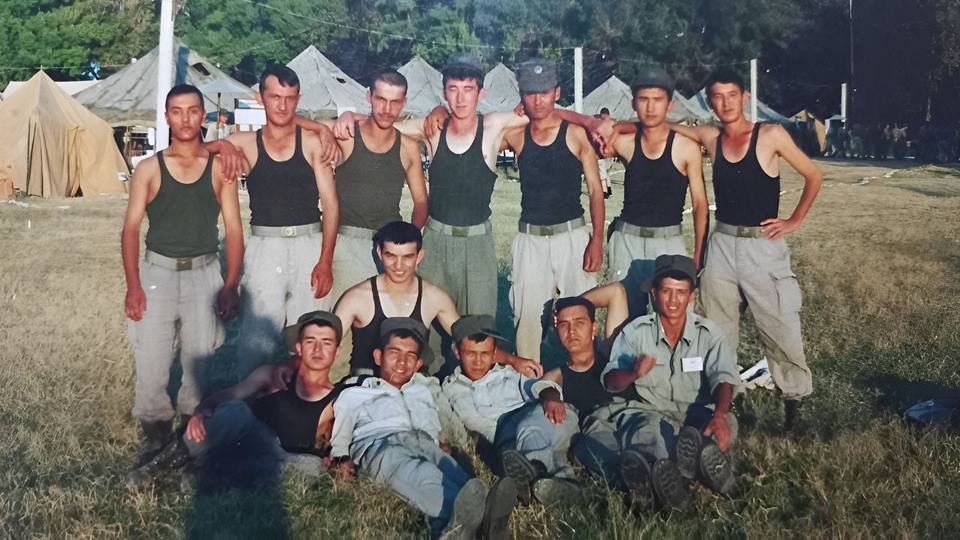
I moved to the city of Shymkent. In August 2008, I got a job at the regional television station “Kazakhstan-Shymkent” as a television equipment engineer. My responsibilities included preparing the studio and control room for live broadcasts, as well as for studio recordings.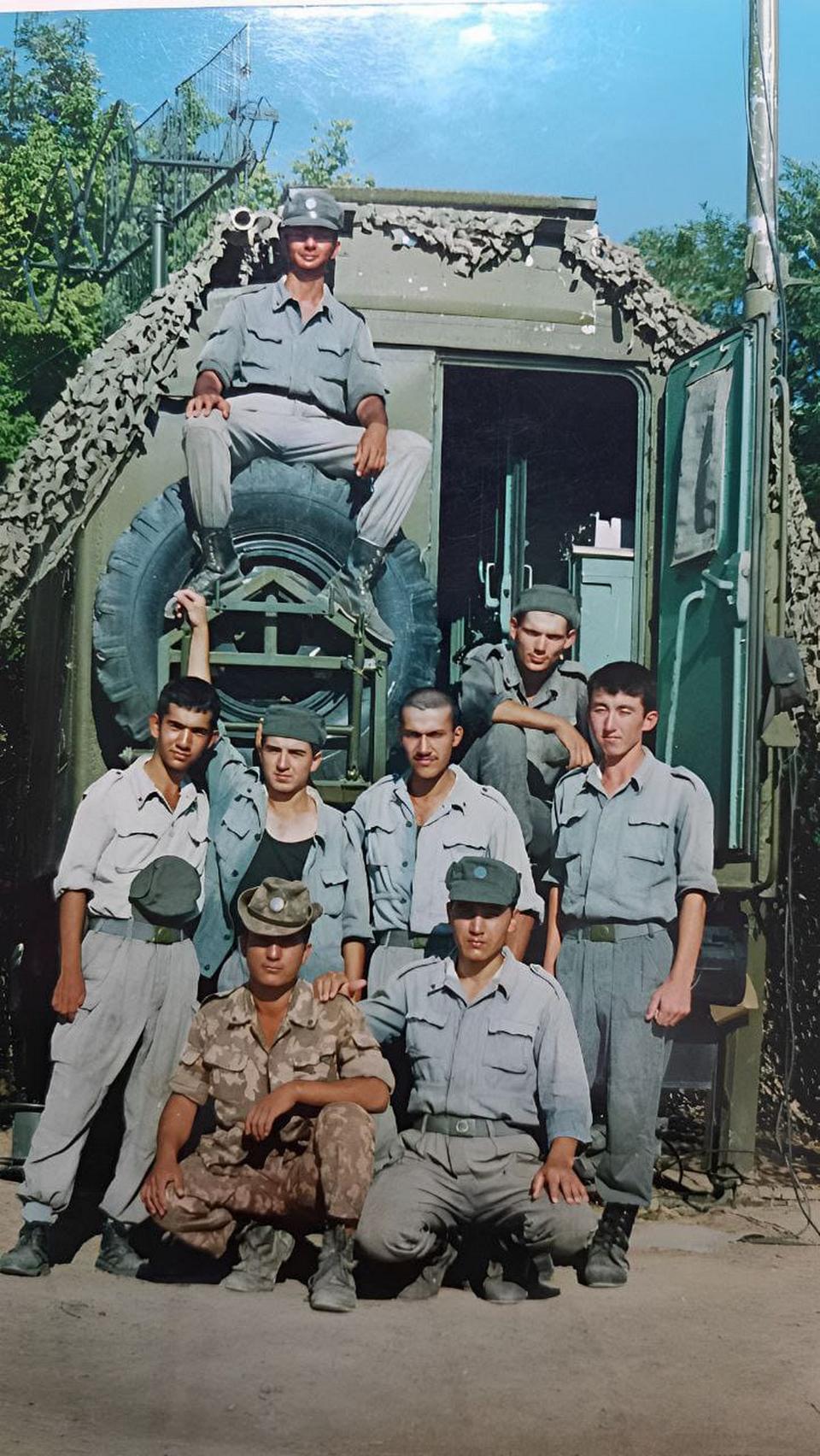
Then, the television station faced a crisis, and layoffs began. On February 16, 2009, I was laid off and left without a job. I needed to support my family, so I decided to go work in the fields. I grew tomatoes, potatoes, and cucumbers, living alone in a small trailer. This was probably the most difficult time for me, as it was not always easy to sell the harvest that I had worked so hard to grow. But I didn’t lose heart.
On October 7, 2009, I was invited back to “Kazakhstan-Shymkent,” where I worked for another six years.
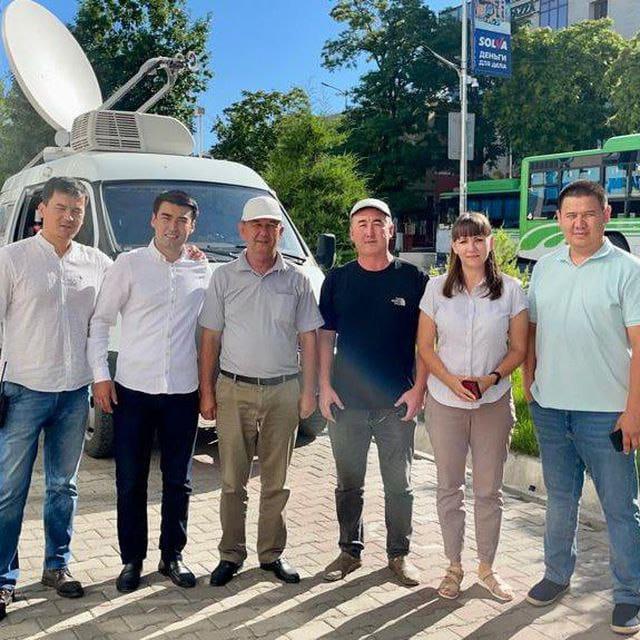
Then, unexpectedly, I received another interesting offer. I started working at the “Khabar” agency as an OB Van engineer. Thus, in 2014, a new chapter of my life began. I am still working here and thoroughly enjoy what I do. Our production team has the capability to go live from any location in the region or the country. We have covered important sports, cultural, and political events for Kazakhstan.
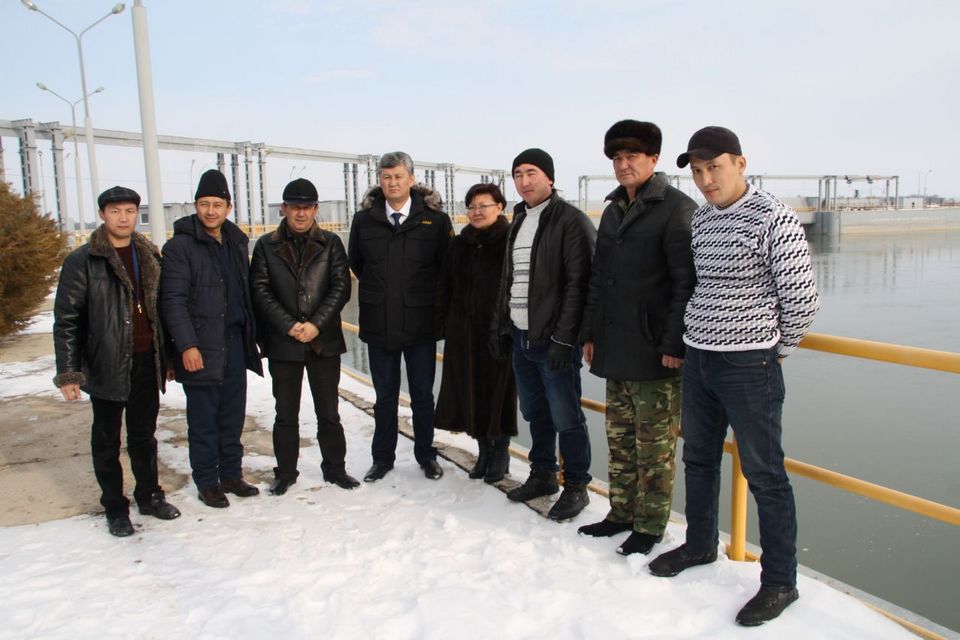
Hobby
– What is your hobby?
In my free time, I enjoy tinkering with technology and wires, repairing household appliances, and doing welding work. My relatives and friends know this very well, so they always come to me for help. Of course, I never refuse them.
I also love playing chess and reading books for self-development.
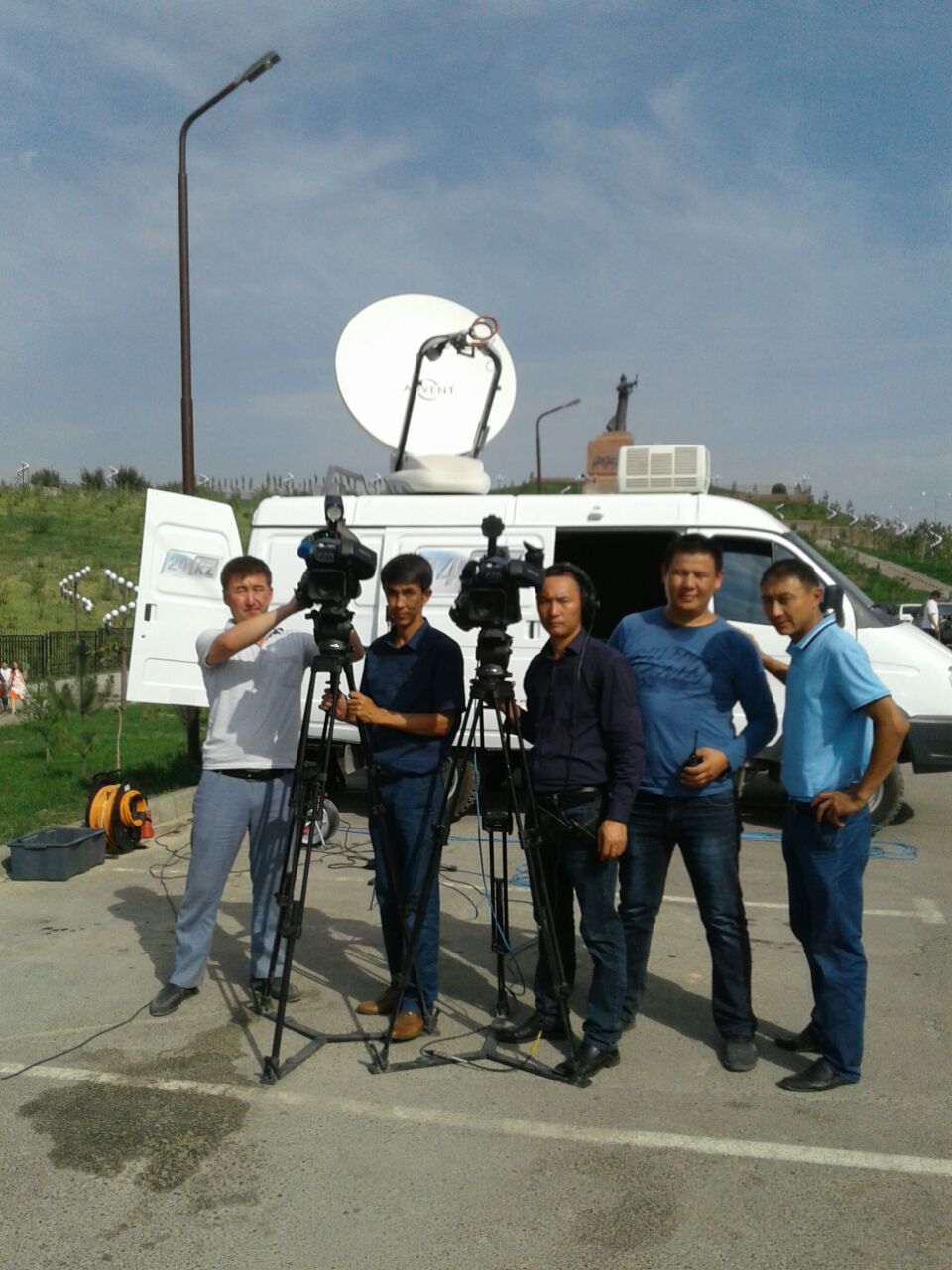
Wife
– What does your wife do?
My wife used to work as a mathematics and computer science teacher. After a long maternity leave, she decided not to return to school. She now works as a weaver at a sewing factory.
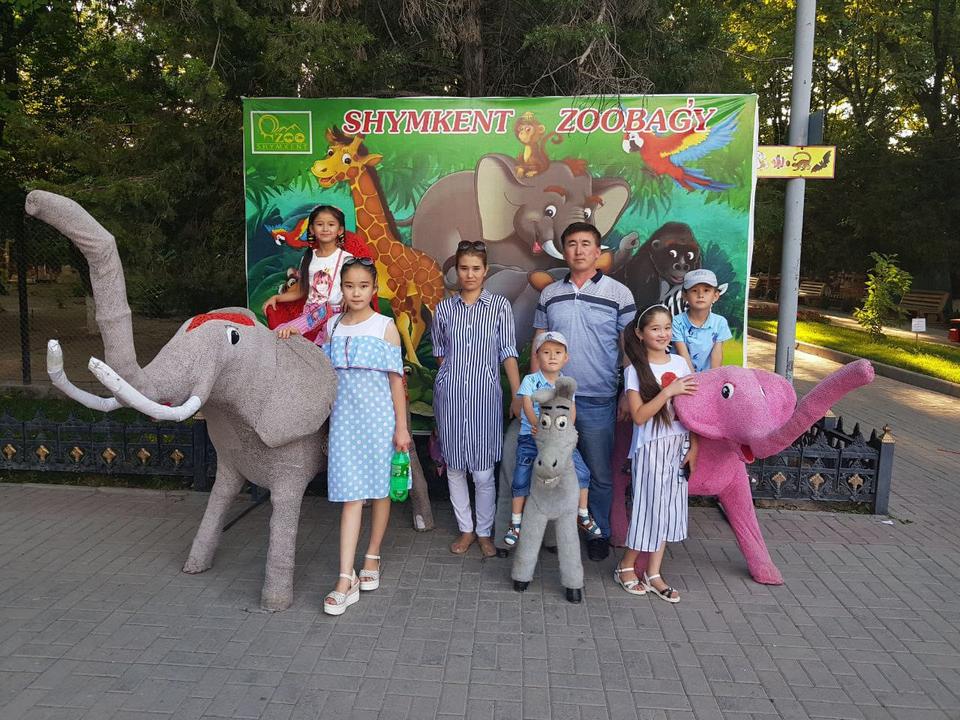
Our eldest daughter, Gulmira, graduated from school with a gold medal last year. She is now studying on a scholarship at a pedagogical university to become a future computer science teacher.
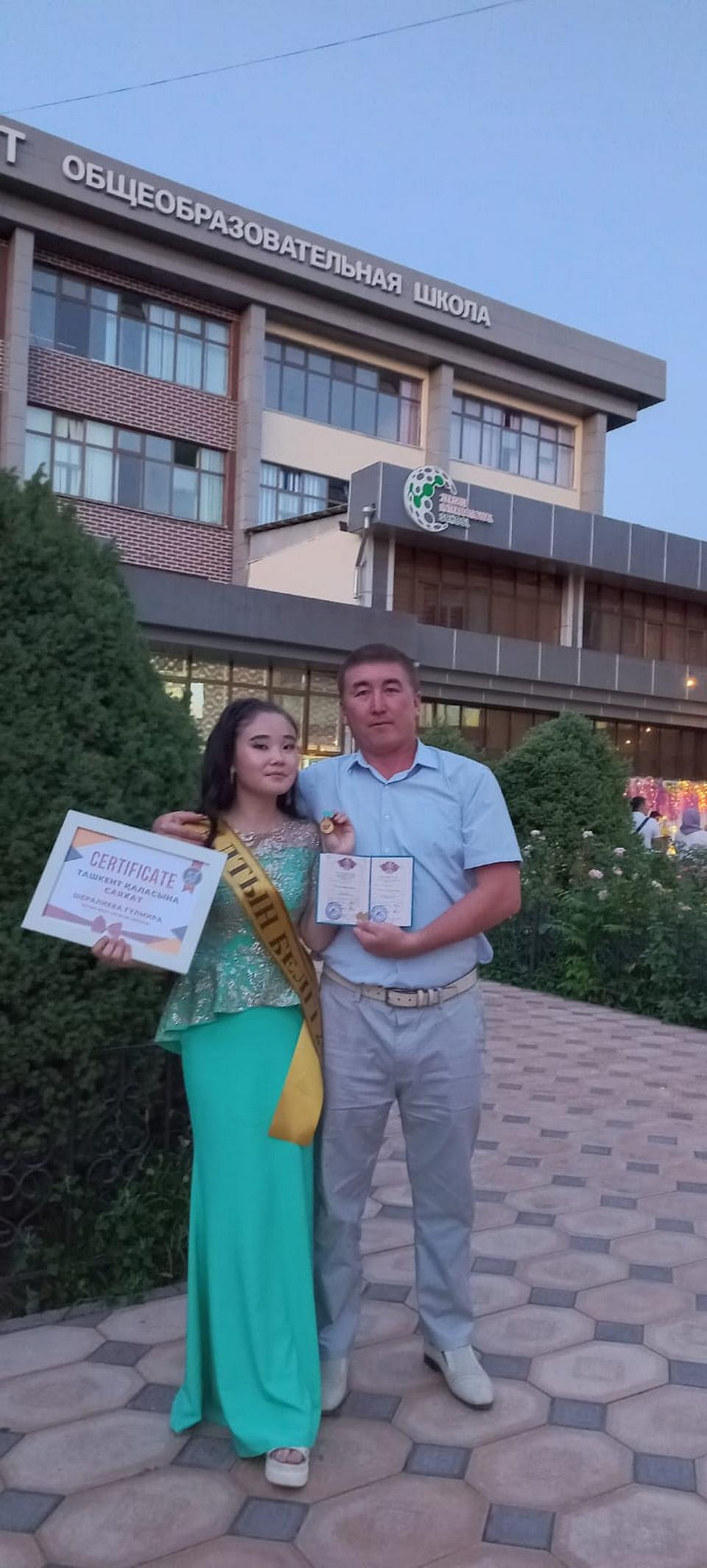
In addition to Gulmira, we have two more daughters and two sons, all of whom are still in school.
Achievement
– What do you consider to be your greatest achievement in life?
I believe my greatest achievement is that I have not lost interest in what I do. For me, this is more valuable than any certificates, medals, or diplomas, of which there have been many. I am where I am needed and where I should be right now.
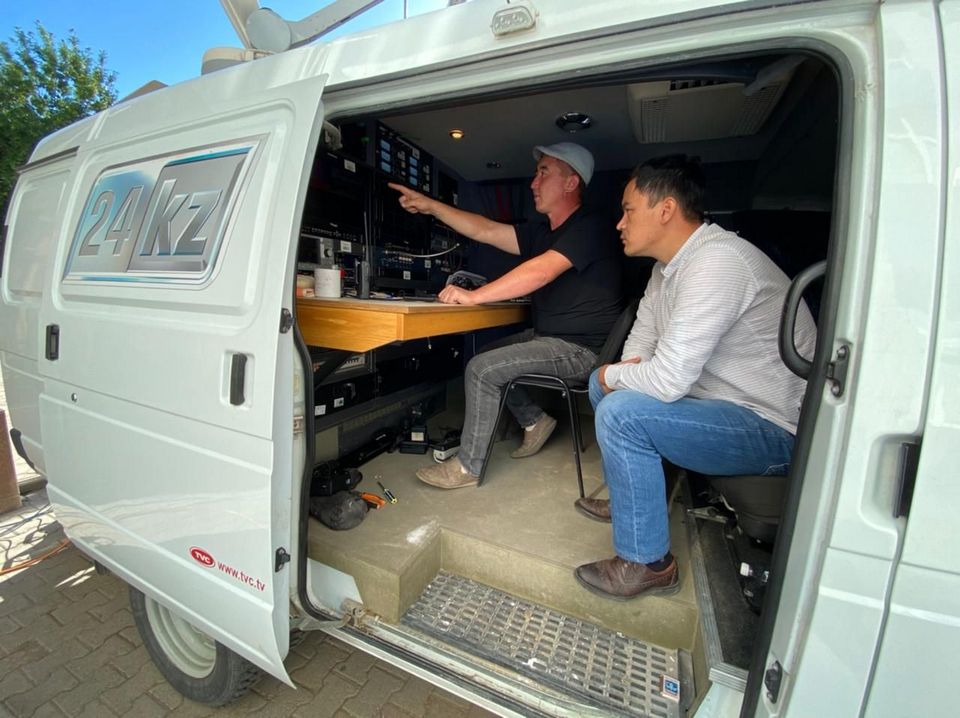
Coming to Shymkent and getting a job in television was a dream come true. I am very proud of this. And to this day, I maintain my love and dedication to what I do. Although life has given me other good opportunities for growth, that is a completely different story!
